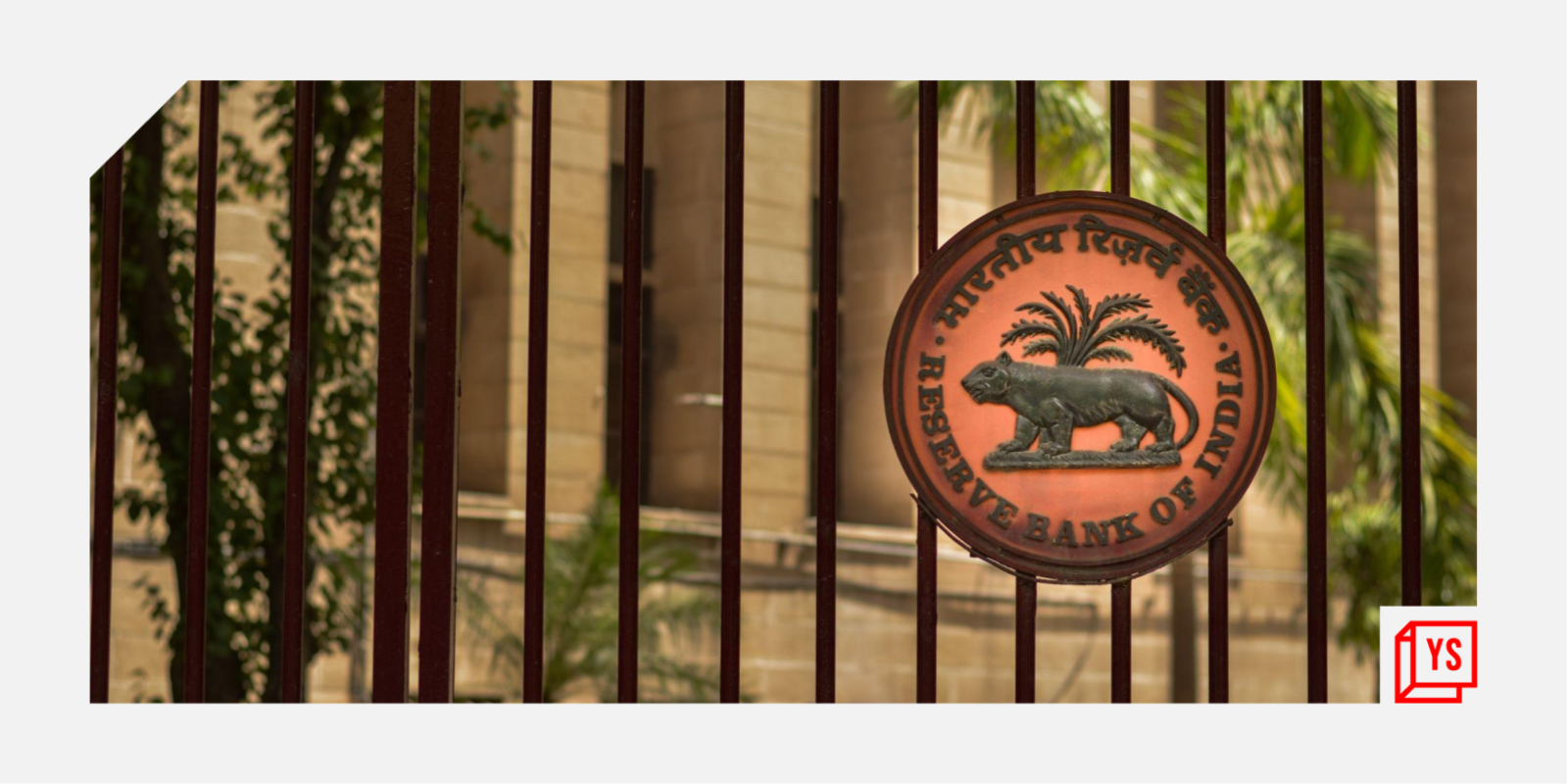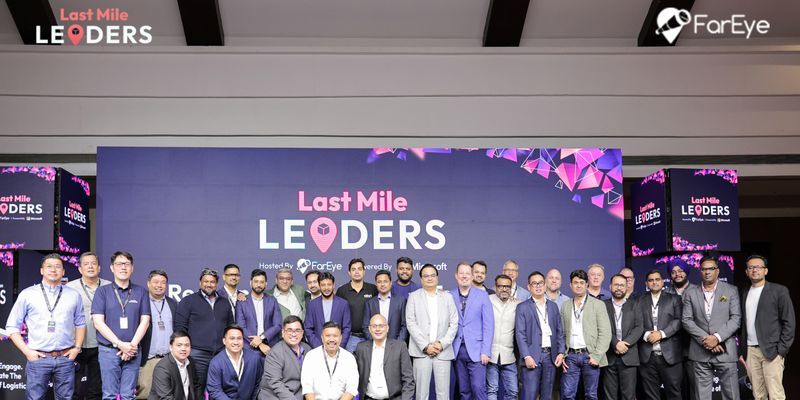This blockchain startup allows users to buy/sell in currency backed by digital gold and silver
In a video interaction, Tarusha Mittal, COO and Co-founder, OroPocket, explains how the Delhi-based startup was built, and how it allows to diversify their portfolios through its digital gold and digital silver-backed banking services.
Tuesday September 21, 2021,
5 min Read
When Tarusha Mittal started her own lifestyle magazine MishMash in 2009, little did she know her career would take a drift away from the humanities, and veer towards deeptech.
But, destiny came calling when Tarusha’s childhood friend Mohit Madan approached her with the idea to start a data centre business, and she jumped at the opportunity.
“In a way, it was reckless, as I did not come from a tech background. But the idea of starting my own venture was so exciting. So we started Cloudrino. But as we were bootstrapped, we couldn’t scale it and compete with the likes of AWS and Google Cloud,” Tarusha says in a video interaction with BlockchainStory.
But as one door closed, another opened. With the data centre and cloud business on the backburner, Tarusha found time to explore blockchain and cryptocurrency.
“In 2013, we were already assembling mining rigs for crypto, and since we had stopped scaling Cloudrino, we launched an Ethereum exchange named ethx.co. It was one of the first Ethereum exchanges in India, and we were also trying to go global,” she says.

A snapshot of the OroPocket app
The birth of OroPocket
In 2018, the Reserve Bank of India, in an almost overnight move, banned Indian banks from supporting crypto transactions.
This effectively signalled the start of the bearish ‘crypto winter’ where blockchain and crypto startups found it difficult to move forward.
“We could either move our operations abroad or shut down. We needed banking support as we were a centralised exchange. We hadn’t raised any money yet again, and so moving abroad would have proved too expensive and tedious," she says, adding:
"Rather than shutting down, the only other option was to pivot."
Like they did with the data centre firm, the founders once again found themselves scaling down their business.
As they brought ethx.co to a halt, they pivoted to building a fintech app which recorded transactions on blockchain.
This was the genesis for Delhi-based - a startup that allows users to diversify their portfolios beyond traditional assets by investing in multiple digital assets such as digital gold and silver.
Further, it provides customers with financial services on top of these investments, helping make the assets liquid.
Tarusha explains:
“With OroPocket, users can invest in digital gold or silver, where they own the assets, but not physically. We keep the gold and silver secure, but allow users to spend, buy or perform UPI transactions backed by these assets. This way, we ensure the digital gold and silver are highly liquid.”
In early 2021, OroPocket raised $2 million investment from AU21 Capital, LD Capital, Rarestone Capital, Morningstar Ventures, NGC Capital NGC Capital, Alphabit, Moonwhale Ventures, Acheron Capital, Zokyo Ventures and others.
How the OroPocket model works
The 45+ member startup maintains reserves of gold and silver which are allocated to a user when they purchase it digitally. Ownership and future transactions are all recorded on the Ethereum, Tezos and Polygon blockchains.
According to Tarusha, like other blockchains, they record transactions in secure, public ledgers, and this brings users peace of mind about the safety of their assets.
“When these transactions are recorded on blockchain, anyone can see it, and thus there is more transparency and security. Now, with Layer 2 scaling solutions such as Polygon and Ethereum 2.0 coming in, the process becomes even more easy due to negligible gas fees (transaction fees),” she adds.
As OroPocket offers such asset-backed banking services on blockchain (which are decentralised), it claims the services come without with the hidden charges and time-consuming processes associated with traditional banks (which are centralised entities).
The startup makes revenue by charging a 0.25 percent fee on these transactions.

OpenDefi and UniFarm
It also makes revenue from two other products - OpenDefi and UniFarm - which come under the larger OroPocket umbrella.
“OpenDefi is a decentralised finance (DeFi) product which is a mix of real world and synthetic assets (tokenised derivatives). Here, the backend works on P2P (peer-to-peer) networks. We charge users transaction fees as well as integration fees for developers building on top of this protocol,” Tarusha adds.
UniFarm allows users to stake their crypto holdings, claiming earnings of up to 250 percent annual percentage yield (APY).
It is a farming solution where blockchain projects come together to create a reward pool. Users can stake any token and get multiple tokens as rewards. Staking crypto is a process that involves committing crypto assets to support blockchain networks and confirm transactions.
In the UniFarm model, the startup does not charge users, but charges the projects and blockchain networks that are integrated.
The way forward
While there exist several other DeFi solutions and crypto-backed yield farming protocols globally, OroPocket claims that with its range of products, it has no overall competitors.
As it looks to build a complete financial ecosystem for the crypto and DeFi space, it is currently working on getting an NBFC license so it can provide loan services to users.
But like many other Indian blockchain projects, success or failure could be influenced by the upcoming government bill on cryptocurrencies.
Although Finance Minister Nirmala Sitharaman has indicated that the government may not clamp down too hard on crypto, some reports suggested all “private cryptocurrencies’, except any virtual currencies issued by the state, could be prohibited in India.
“We hope and believe the bill won’t be prohibitive, and we look forward to more encouragement for blockchain projects built in India by Indian founders. If crypto is classified as a commodity, or based on their use cases, it gives room for people to build in this space,” says Tarusha.
Edited by Anju Narayanan






